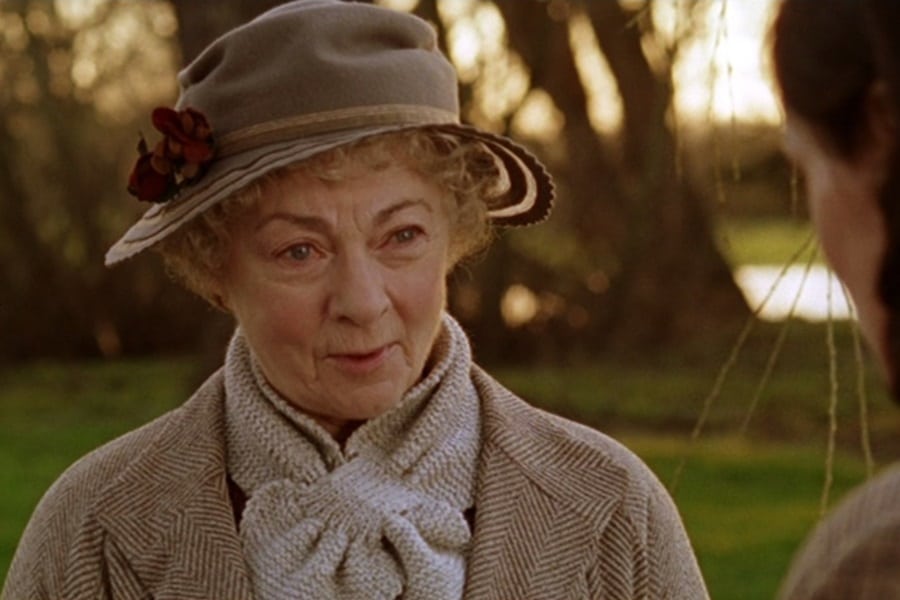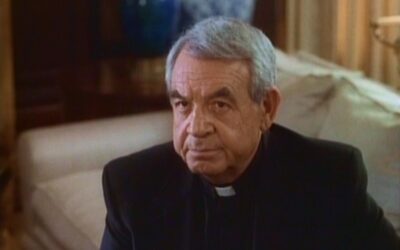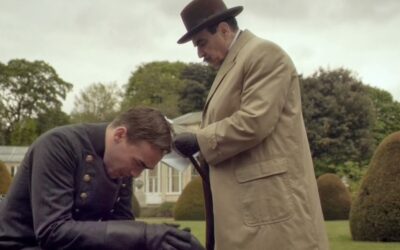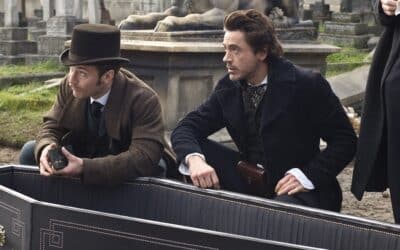
Detectives, PIs and Sleuths
Lurking in the shadows of mystery and crime fiction, three figures stand out with distinct characteristics, yet often mistaken for each other: private eyes, detectives, and sleuths. This trio has been the cornerstone of countless books and screen adaptations, leaving a trail of intrigue and fascination in the world of crime-solving. But what really sets them apart? Let’s delve into the gritty details and unravel the mystery.
Private eyes, or private investigators, are typically not bound by the same rules and regulations as police detectives. They operate independently, often hired by private clients to investigate matters that fall outside the purview of regular law enforcement. Think of Philip Marlowe, the quintessential private eye created by Raymond Chandler, a man navigating the underbelly of Los Angeles with a keen eye and a sardonic wit. He’s a loner, working outside the system, a trait that’s become synonymous with private investigators in literature and film.
In contrast, detectives are usually members of a police force, bound by law and often working within the confines of a police department. They deal with a range of criminal investigations, following a set of protocols and accountable to a higher authority. Sherlock Holmes, Arthur Conan Doyle’s legendary creation, though not a police detective, embodies many qualities of one. His analytical brilliance, attention to detail, and relentless pursuit of the truth through logical deduction set the standard for detectives in both literature and screen. His influence is evident in characters like Hercule Poirot, Agatha Christie’s meticulous and methodical detective with an uncanny ability to understand the human psyche.
Sleuths, a term often used interchangeably with detectives, actually have a broader definition. They can be professional detectives, private investigators, or even amateurs who find themselves embroiled in a mystery. Miss Marple, another of Christie’s creations, is a perfect example of an amateur sleuth. A seemingly unassuming elderly woman, her sharp mind and keen observation skills allow her to unravel mysteries that baffle the police. This category broadens the landscape of crime fiction, allowing for a diverse range of characters and scenarios.
The differentiation between these roles goes beyond their professional boundaries. It extends into their methods, personalities, and even the types of cases they handle. Private eyes often find themselves in more personal, sometimes morally ambiguous situations. Their stories are not just about solving a crime, but also about the personal journey, often exploring themes of existential angst and moral dilemmas. This is vividly portrayed in Dashiell Hammett’s ‘The Maltese Falcon’, where Sam Spade navigates a complex web of deceit, corruption, and personal conflict.
Detectives, especially those in police forces, are more about the methodical pursuit of justice. They rely on forensic evidence, interrogations, and teamwork. They operate within a legal and moral framework, often battling bureaucracy and internal politics. The television series ‘Sherlock’, a modern adaptation of Conan Doyle’s work, brilliantly showcases the fusion of classic detective work with contemporary technology and forensic methods.
Sleuths, particularly the amateur variety, bring a different flavor to crime fiction. They often stumble upon mysteries in their everyday lives and use their natural curiosity, intelligence, and intuition to solve crimes. They don’t have the resources of a police department or the freedom of a private eye, which often makes their adventures more grounded and relatable. The ‘Father Brown’ series by G.K. Chesterton presents an unassuming Catholic priest who uses his understanding of human nature and morality to solve crimes in his parish.
The representation of these roles in literature and screen adaptations has evolved over time, reflecting societal changes and the evolving nature of crime. Early depictions focused heavily on male characters, but recent years have seen an increase in female detectives and sleuths, bringing fresh perspectives and narratives. This can be seen in characters like Veronica Mars, a teenage private investigator with a sharp mind and a knack for getting to the bottom of her high school’s mysteries.
The allure of these characters lies not just in their crime-solving abilities, but in their complex personalities, the challenges they face, and the worlds they inhabit. Whether it’s the dark, gritty streets of a Raymond Chandler novel, the quaint villages of an Agatha Christie mystery, or the high-tech modern world of a contemporary detective series, these settings become characters in their own right, adding depth and atmosphere to the stories.
Each of these roles – private eyes, detectives, and sleuths – offer a unique lens through which to view the world of crime and mystery. Their differences are as important as their similarities, providing a rich tapestry of narratives and characters that continue to captivate and intrigue readers and viewers alike. From the hard-boiled detective to the amateur sleuth, they all play a crucial role in the endlessly fascinating world of crime fiction.
More Detective Features
Priest Detectives
These holy detectives are not content with the mysteries of faith
The Characteristics of Hercule Poirot
Peculiar habits and unmatched deductive abilities
Detective Novels
The pinnacle of sleuthing



